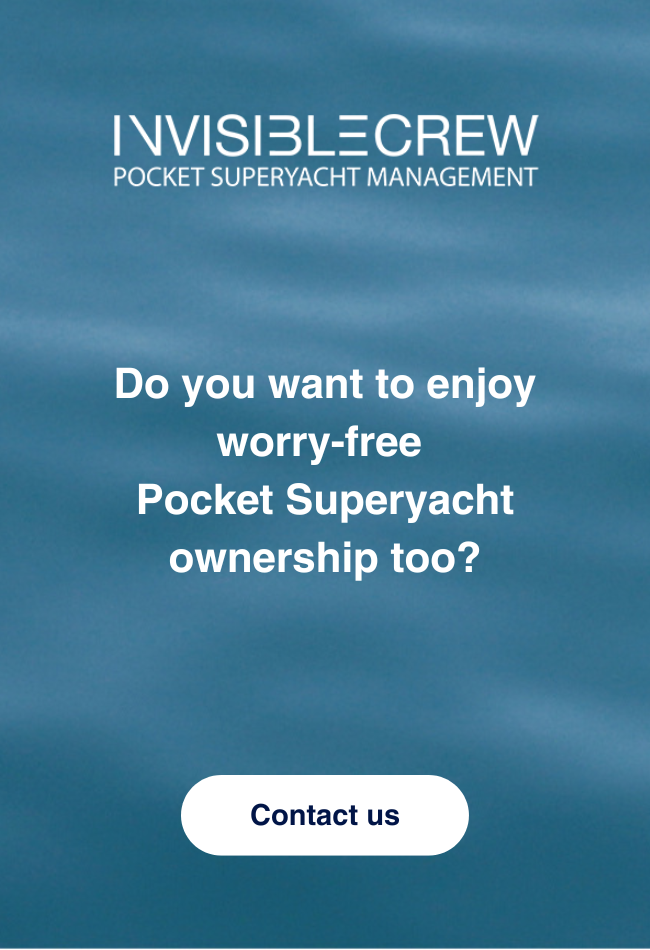Many pleasure crafts are held as assets within a holding company so that the effective sale of the vessel might be carried out by just transferring the shares of the company (share deal).
The taxation in case that the sale of the company having as only asset the vessel is linked to the residence of the Owning Company and the residence of the shareholder. In other words, it is not relevant the ship´s registration or the port base where the vessel is lying or has its principal activity.
In case of a share deal on a Spanish Company and if we assume that the only asset of the target company is the vessel, the general rule is that a transfer / acquisition of shares is exempt from VAT and from Transfer Tax (including Property Transfer Tax and Stamp Duty “Impuesto sobre Transmisiones Patrimoniales y Actos Jurídicos Documentados”). It would not be applicable the anti-abuse clause to avoid tax evasion as there are no real estates as underlaying assets in the company. The said provision of anti- abuse clause affects transfer of shares that allows the acquirer to take control of a company when such company was deemed to be a Real Estate holding company. A company is deemed as a Real Estate holding company when it holds Real Estate Located in Spain that represents a percentage of 50% or more of its total assets.
At the personal Income Tax level the Shareholder would be taxable for the Capital Gain obtained by the difference between the transmission value and acquisition value in his state of residence (without prejudice of Double Tax Treaties). The acquisition price of the shares plus taxes paid plus other connected expenses such as Notary fees, etc. will be the acquisition price in the event of a direct acquisition by an individual or the book value of the shares if SEA SPIRIT, S.L. was the purchaser.
In the event of an acquisition of the shares of a vessel holding company it is important to consider that in any hypothetical future disposal of the yacht, the capital gain would be at the level of the purchased company and the relevant acquisition value would be the book value of on its balance sheet. This value might be lower than the acquisition value of the shares, which would mean in other in other words, the company has a “hidden” capital gain.
To avoid being taxed for this “hidden” capital gain, the subsequent acquirer would have to purchase again the shares instead of the vessel.
Carlos Espinosa
Solicitor & Tax Adviser
+34 627 41 32 01
carlos.espinosa@iurisnautic.com












